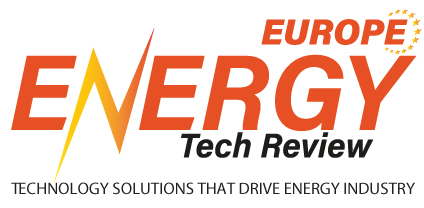Everyone has heard about the revolutions in renewable energy and electric vehicles that are reshaping how we move, work, and live. However, another revolution that we will soon hear much more about is on the horizon– the shift to sustainable supply chain traceability. With governments around the world adopting more climate policies, major companies will increasingly be held accountable for their carbon emissions and will have to start disclosing just how “green” their products actually are. This shift will require the mass adoption of cutting-edge technologies to improve how companies track and report sustainability information.
The recent passing of the U.S. Inflation Reduction Act will accelerate this revolution by requiring automakers to qualify for the newly-revised federal EV tax credits. Notably, the IRA requires a rising percentage of critical minerals in EV batteries to be mined or processed in the U.S. It also bars automakers from using minerals from countries like China and Russia. This means that every automaker now needs to certify the source, or “provenance”, of their batteries– by using something called a “battery passport.” In Germany, the auto industry has already developed standards to give batteries “digital identities” similar to the globally-used barcodes found on store-bought products.
The global leader in supply chain traceability is Circulor, a U.K.-based startup that works with automakers like Volvo. Circulor offers a secure, permission-based platform on a blockchain that feeds real-time supply chain data into companies’ existing operational systems. The company’s tech stack uses facial recognition technology, QR codes, and more to identify the entities that touch each material and flag any anomalies that arise as materials move from mine to manufacture.
“The big picture is that governments will require companies to disclose whether their products use green materials sourced with adequate domestic parts. Companies that produce software to trace and digitize supply chains will become a critical piece of the puzzle”
Looking to the future, we can expect more industries to adopt supply chain traceability practices in response to changing consumer and investor demands. A recent study by IBM, for example, found that 50 percent of consumers are willing to pay a premium for sustainable brands. Any unknowns in a supply chain can turn operational hiccups into permanent damage to brand and reputation. As a result, companies need to back up their sustainability claims with accurate, data-driven supply chain tracing.
The big picture is that governments will require companies to disclose whether their products use green materials sourced with adequate domestic parts. Companies that produce software to trace and digitize supply chains will become a critical piece of the puzzle. Following the passage of the IRA, batteries are among the first items that will need to show “passports” but will certainly not be the last. We can expect companies to disclose the source of other components as well. Luxury automaker Jaguar, for example, already uses supply chain traceability to ensure that the leather in its cars is sustainably sourced. This is just the tip of the iceberg. Let’s look at a historical example. In 1494, Luca Pacioli invented the field of Accounting. Fast forward 600 years and his work has transformed capitalism forever. Similarly, with this new revolution in supply chain traceability, we’re about to see the revolution of “green accounting.” Pairing digitization with upgraded transparency, green accounting will not just open up new financial opportunities– it may just help clean up the planet as well!












